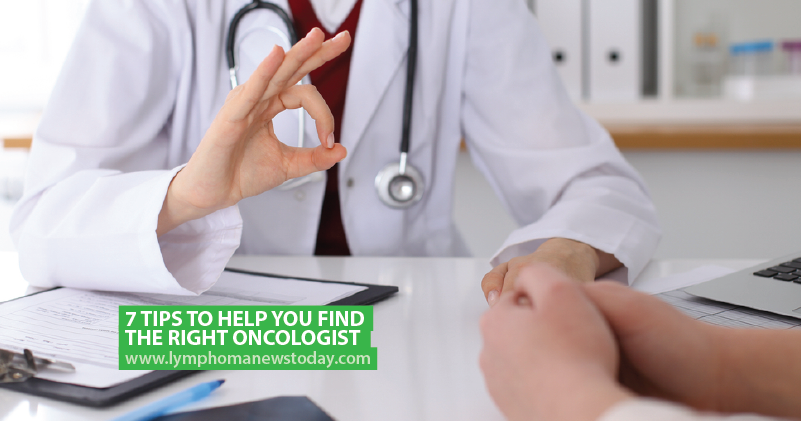After being diagnosed with cancer, the first thing to do is find a good oncologist. Cancer treatment is tough, so it’s important to find an oncologist who supports and cares for their patients in a way you would want to be supported and cared for. We’ve put together a list of tips for finding the right oncologist with information from cancerdocs.org.
Search for local oncologists.
The first step in finding the right oncologist is to start with the ones closest to you. If you’re ill, you don’t want to have to travel too far for treatment if you can help it. Write down a list of local oncologists that you can then whittle down.
Get recommendations.
It’s highly likely that you will know someone (maybe several people) who have recently been treated for cancer. Ask them about their oncologist: did they like their doctor? how would they rate them? would they recommend them?
Research credentials.
Research the credentials of the oncologists on your list to ensure they are fully qualified to deal with your type of cancer. In addition, you may want to know if they have any outstanding malpractice lawsuits against them or if they have a history of disciplinary action.
MORE: Four topics to discuss with your doctor after your cancer diagnosis
Check their experience.
Do they have a successful history of dealing with your type of cancer? How many patients have they worked with who have the same complications as you? Do they have experience performing specific procedures that may be relevant to your treatment?
Check your insurance.
Ensure your health insurance covers all of the treatment the oncologist is proposing. Choose an oncologist who is willing to work with insurance companies to ensure you get the best treatment.
MORE: 11 signs and symptoms of lymphoma
Review hospital quality and health care team.
You may like the oncologist but hate the hospital they work in. Likewise, you want the oncologist’s team to have the same level of commitment and care to your treatment. Does the hospital allow access to clinical trials? Is it a progressive hospital that embraces new technology and treatments?
Do they make you feel at ease?
You should be able to talk with your oncologist about any subject regarding your treatment without feeling silly or embarrassed. A good oncologist will take the time to explain anything you don’t understand and will listen to all of your concerns and answer any questions and respect your decisions regarding your treatment.
MORE: Our resident columnist Radiant Racheli shares her own tips for choosing an oncologist
Lymphoma News Today is strictly a news and information website about the disease. It does not provide medical advice, diagnosis or treatment. This content is not intended to be a substitute for professional medical advice, diagnosis, or treatment. Always seek the advice of your physician or another qualified health provider with any questions you may have regarding a medical condition. Never disregard professional medical advice or delay in seeking it because of something you have read on this website.


